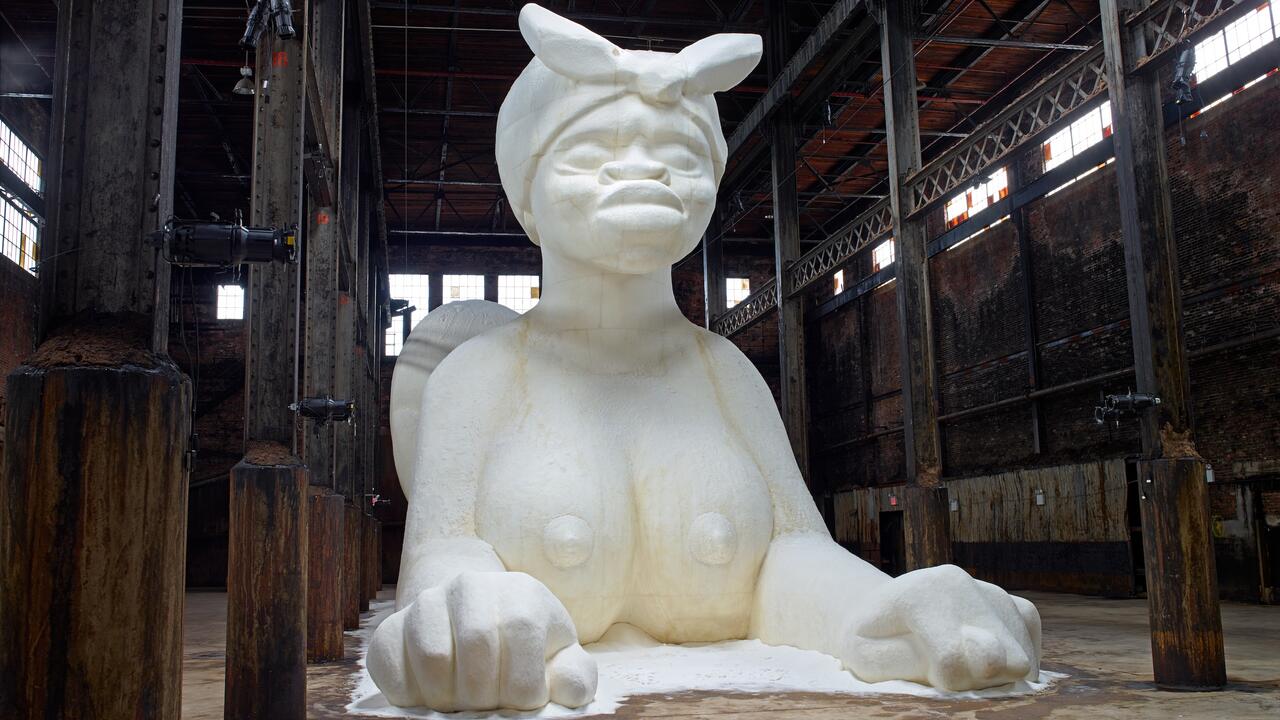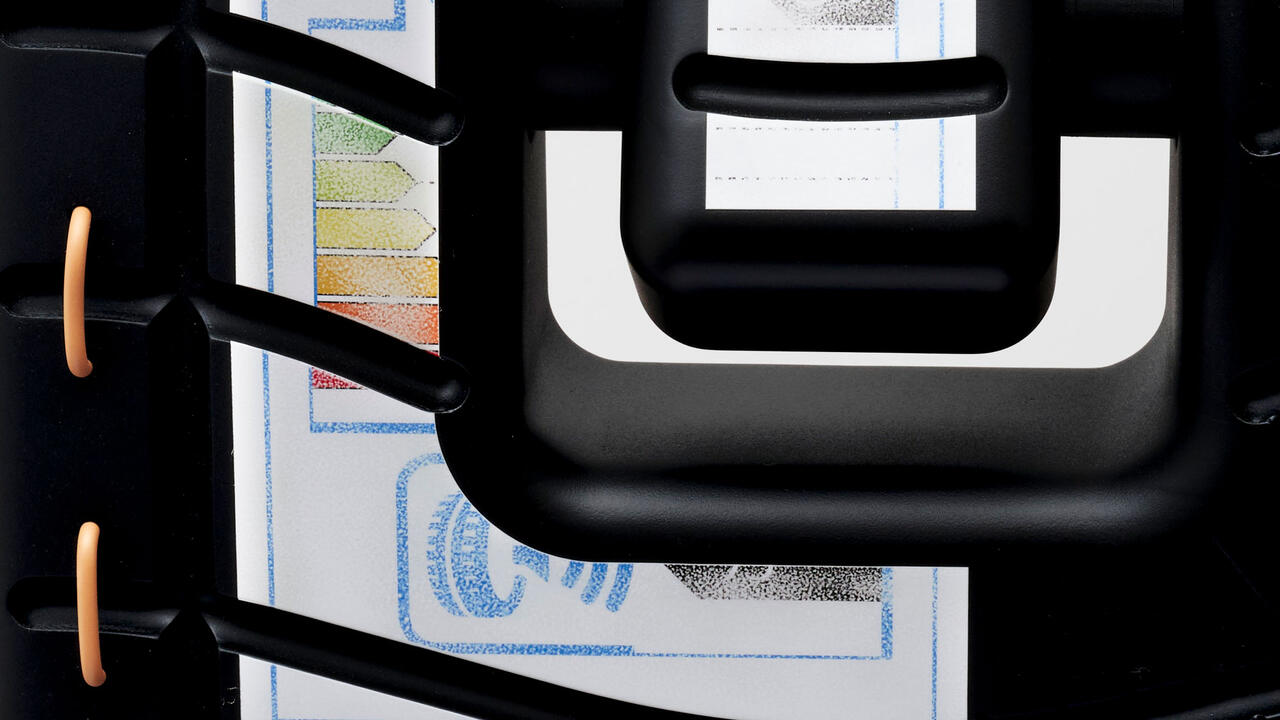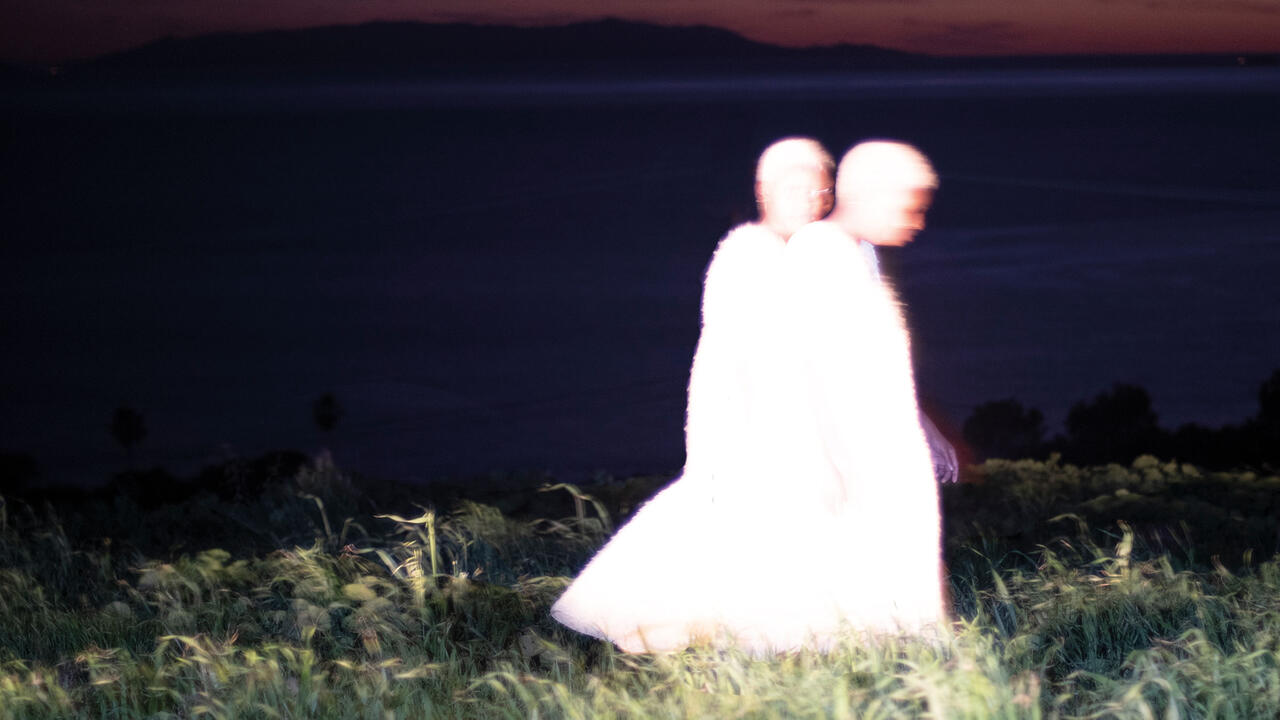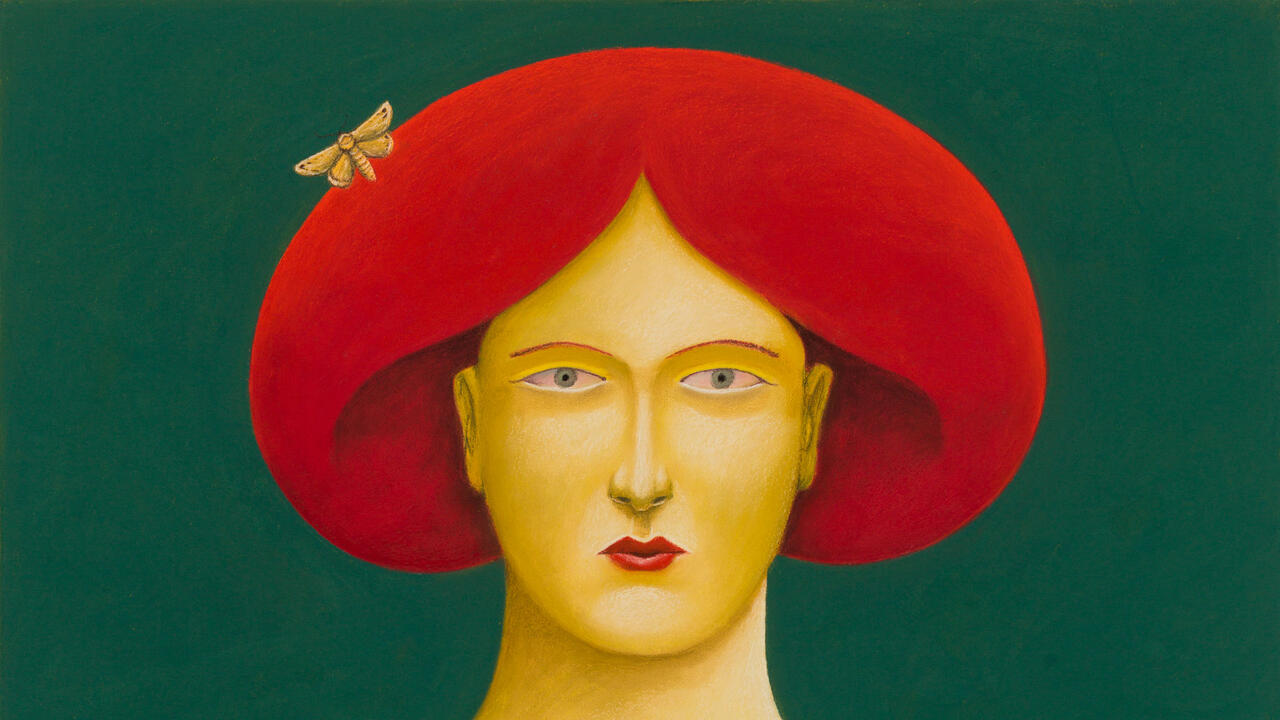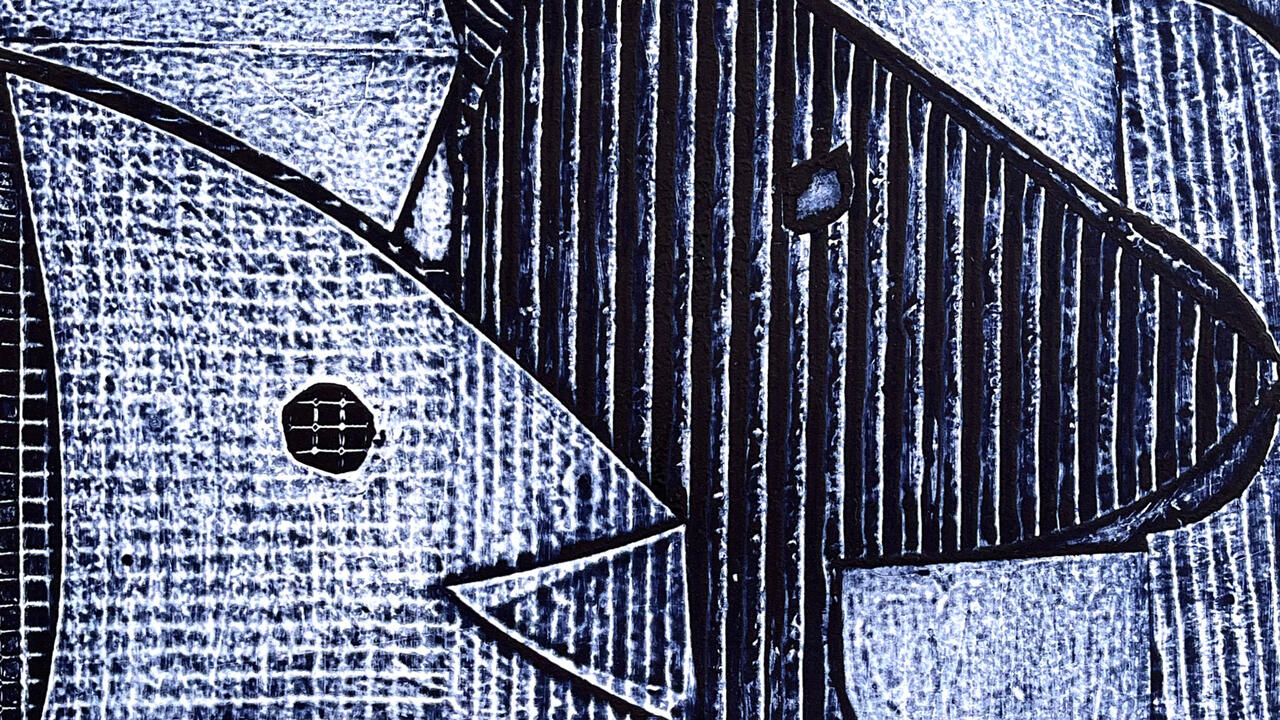Kara Walker on the Post-Lockdown World
Every day in ‘lockdown’, we are asked to consider the effects of social distancing – as if segregation weren’t already a reality
Every day in ‘lockdown’, we are asked to consider the effects of social distancing – as if segregation weren’t already a reality

This essay is the first in a series of memos by artists, writers, curators and scientists written to the world after the COVID-19 crisis. In homage to Italo Calvino's Six Memos for the Next Millennium (1988), they are divided into six categories: 'lightness', 'quickness', 'exactitude', 'visibility', 'multiplicity' and 'consistency'. 'Kara Walker on the Post-Lockdown World' was written in response to 'exactitude'.
we/us/our
There was a time when I could not look at an image of the collapse of the World Trade Center on 9/11 without recalling the feeling of it, the memory of disruption, the chaos and death the news delivered live. ‘People are jumping!’ I may have said. My eyes could not process what I saw. I stored it away for later contemplation, in the familiar hold of the mind for traumas: car accident, rape, domestic abuse. The horror of that day was replayed again and again on television, reminding us to never forget that clouds of dust were once our friends. Meanwhile, politicos used these facts to fashion a new narrative of war – for ‘us’.
i/me/mine
Witnessing trauma acts on the body in specific ways. The Event Itself creates gaping holes in the fabric of the normal, and lucky survivors patch those holes with questions: ‘What do I do?’ ‘Where do I go?’ To be the witness, from afar, of death or destruction means you’re at the mercy of your senses; you have the choice of turning away from or towards the scene.

this/that/the other
‘How will the world be changed by this event?’ The question keeps making the rounds. To which I reply: ‘Which event?’ There are many events, each one of us is an event. The question is too broad and inadequate. As the world is big, so are we, but our goals are small. Foremost in our minds is a wish to return our personal traumas to their mental storage space and resume the act of living as it was before. Implicit in the question of change is a failure to fully accept that the jobs, the money, the infrastructure are simply not going to be there ‘in the future’, at least not in the same way. None of us are clairvoyant. We just play fortune teller on IGTV.
they/them/those
Witnessing history begets forgetting. For every day and every week in our ‘quarantine’, ‘self-isolation’, ‘lockdown’ or ‘shelter in place’, some wise fool asks us to consider the effects of social distancing, as if segregation weren’t already a reality.
‘Essential workers’ are women, people of colour, blue-collar and farm workers, nurses, janitors, school employees, delivery people: they clear the bodies. Once again, the working poor are dying, proxies for a failed state, nameless and alone. Their reality is hard to face.

i/thou
Who heard the stories of the slaves who cleared the battlefields of the American Civil War dead? Who smells the mass grave? What happens to the psyche of today’s volunteer undertaker when the body count rises? When we consider the future, will their stories become part of the record of this muted war?
During the comparatively swift inundation of New Orleans in 2005’s Hurricane Katrina, when the levees failed, we had the technology to witness on both a broad and intimate scale. Scenes of despair and discord abracadabrad on television and the internet. The whole ugly arc of History was visible, almost in the first person: slavery, segregation, redlining, racial violence, poverty, vigilantism, white supremacism, ecological destruction, capitalism, it all came flooding forward. In our horror and fascination, the story completed itself, neatly packaged in a single event, one spoken about in biblical terms – as if the only way to explain tragedy is to mythologize it.
To demand exactitude in the pursuit of a historical truth is to go where no mind can venture and return whole. The load is too large to carry, the losses too many and too varied. Truth will drain from your hands like so much water. Instead, you will find yourself drawing on tales from the past – historical accounts, novels and songs that compress shared memory – to make the bitter truth at least partly digestible.
Main image: Kara Walker, THE SOVEREIGN CITIZENS SESQUICENTENNIAL CIVIL WAR CELEBRATION, 2013, cut paper and adhesive on wall, installation view at Sprüth Magers, Berlin, 2020. Courtesy: the artist, Sprüth Magers, London/ Berlin/ Los Angeles and Sikkema Jenkins & Co, New York; photograph: Timo Ohler









